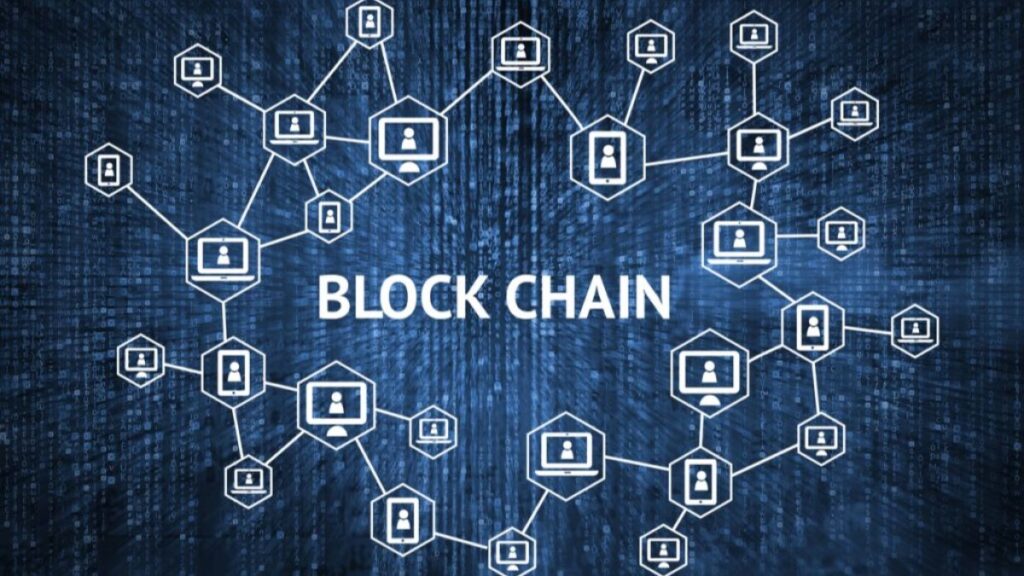In recent years, blockchain technology has emerged as a revolutionary force in many industries, with supply chain management being one of the most promising areas of transformation. The traditional supply chain processes have long been plagued by issues such as lack of transparency, inefficiency, fraud, and complex paperwork. Blockchain offers a way to address many of these challenges by providing a decentralized, immutable, and transparent ledger system. This article explores how blockchain is transforming supply chains, the benefits it brings, the challenges it faces, and its future potential.
Understanding Blockchain Technology in Supply Chains
At its core, blockchain is a decentralized digital ledger that records transactions across multiple computers so that the recorded entries cannot be altered retroactively. Each transaction is grouped into a “block” and linked to the previous one, forming a chronological “chain.” This structure ensures data integrity and transparency. In supply chains, blockchain can be used to track every transaction and movement of goods from the point of origin to the final consumer.
Traditional supply chains are often fragmented and involve multiple parties such as suppliers, manufacturers, distributors, retailers, and logistics providers. Each party typically maintains its own records, leading to discrepancies, delays, and lack of trust. Blockchain replaces this fragmented data management by creating a single source of truth accessible to all participants. Every action or transaction is recorded on the blockchain, providing real-time visibility and traceability throughout the supply chain.
Enhanced Transparency and Traceability
One of the most significant ways blockchain is transforming supply chains is by enhancing transparency and traceability. Consumers, regulators, and businesses increasingly demand greater accountability regarding product origins, authenticity, and ethical sourcing. With blockchain, every step in the supply chain can be verified and traced.
For example, in the food industry, blockchain can record data about a product’s journey from farm to table. This includes information on where the ingredients were grown, how they were processed, transported, and stored. If there is a contamination or recall, blockchain enables rapid identification of the affected batches, minimizing risks to consumers and reducing waste. Transparency builds consumer trust and supports brands committed to sustainability and ethical practices.
Similarly, luxury goods manufacturers use blockchain to combat counterfeit products by proving the authenticity and provenance of items such as watches, jewelry, and designer clothing. Each product is given a unique digital identity recorded on the blockchain, which cannot be duplicated or tampered with, thereby protecting both consumers and brands.
Increasing Efficiency and Reducing Costs
Blockchain technology streamlines supply chain processes by automating and digitizing transactions through smart contracts. These are self-executing contracts with the terms directly written into code, which automatically trigger actions when certain conditions are met. For example, a smart contract could automatically release payment to a supplier once goods are delivered and verified, eliminating the need for manual verification and paperwork.
This automation significantly reduces administrative overhead, manual errors, and delays in payment and delivery processes. Moreover, blockchain eliminates the need for intermediaries such as third-party auditors and brokers, reducing costs and speeding up transactions. Real-time data sharing improves collaboration among supply chain partners, enabling faster decision-making and responsiveness.
In logistics, blockchain integration with Internet of Things (IoT) devices enables real-time tracking of shipments. Sensors attached to containers can monitor conditions such as temperature, humidity, and location, with data uploaded directly to the blockchain. This provides stakeholders with accurate, tamper-proof information, helping to prevent spoilage, theft, or delays.
Improving Security and Reducing Fraud
Supply chains are vulnerable to various forms of fraud, including counterfeit products, invoice fraud, and tampering. Blockchain’s decentralized and cryptographically secure nature significantly improves the security of supply chain data. Once information is recorded on the blockchain, it cannot be altered or deleted without consensus from the network, making fraud and data manipulation exceedingly difficult.
Each participant in the supply chain network has a cryptographic key to access the blockchain, ensuring that only authorized parties can add or view data according to their permissions. This reduces the risk of insider threats and unauthorized access. Furthermore, blockchain enables a clear audit trail for every transaction, making it easier to detect suspicious activities and hold parties accountable.
For example, pharmaceutical supply chains often suffer from counterfeit medicines entering the market, which poses serious health risks. Blockchain can verify the authenticity of drugs by recording each handoff and transaction, preventing counterfeit products from reaching patients and ensuring regulatory compliance.
Facilitating Compliance and Regulatory Reporting
Supply chains must comply with numerous regulations concerning safety, environmental standards, labor laws, and trade policies. Blockchain helps simplify compliance by providing a transparent and immutable record of all transactions and product origins. Regulators can access accurate data directly from the blockchain, reducing the need for extensive audits and paperwork.
This real-time reporting capability can accelerate customs clearance processes in international trade by providing authorities with verified documentation quickly. It also supports certifications such as fair trade, organic, or conflict-free sourcing by making relevant data easily accessible and verifiable.
By reducing compliance complexity and improving data accuracy, blockchain enables businesses to operate more efficiently in a global marketplace while meeting regulatory requirements.
Challenges and Limitations of Blockchain in Supply Chains
Despite its potential, blockchain adoption in supply chains faces several challenges. One major hurdle is the integration with existing legacy systems. Many supply chain stakeholders use different software platforms, making it difficult to synchronize data on a shared blockchain.
Additionally, the scalability of blockchain remains a concern. Public blockchains, which allow anyone to join, often have limited transaction throughput and high energy consumption, which can impede large-scale supply chain applications. Private or permissioned blockchains address some of these issues but require trust among participants.
Data privacy is another critical concern. While blockchain offers transparency, some supply chain information is sensitive and should not be publicly accessible. Designing permissioned blockchains with role-based access control helps mitigate this but adds complexity.
Finally, blockchain technology is still relatively new, and many organizations lack the expertise or resources to implement it effectively. There is also regulatory uncertainty in some regions, which can slow adoption.
Future Outlook: Blockchain’s Growing Role in Supply Chains
The future of blockchain in supply chains looks promising as the technology matures and adoption barriers are addressed. Advances in scalability, interoperability, and privacy solutions are enabling more robust and practical blockchain applications.
Increasingly, blockchain is being combined with other emerging technologies such as artificial intelligence (AI), IoT, and big data analytics to create intelligent, automated supply chains. For instance, AI algorithms can analyze blockchain data to predict demand patterns or detect anomalies, further enhancing efficiency.
Large corporations and consortia are investing heavily in blockchain-based supply chain platforms, signaling growing confidence in the technology. Governments are also exploring blockchain for public procurement, customs, and trade facilitation.
As consumer demand for ethical, transparent, and sustainable products continues to rise, blockchain’s role as a trust-enhancing technology will become even more vital. It empowers businesses to demonstrate accountability and meet higher standards, while consumers gain greater confidence in the products they purchase.
Conclusion
Blockchain is fundamentally transforming supply chains by improving transparency, traceability, efficiency, and security. By creating a decentralized and immutable ledger, it addresses many of the longstanding challenges faced by traditional supply chain systems. While challenges such as integration, scalability, and privacy remain, ongoing technological advancements and increasing adoption are paving the way for blockchain to become a cornerstone of modern supply chain management.
In an interconnected and globalized world, where supply chain disruptions can have widespread consequences, blockchain offers a powerful tool to build more resilient, ethical, and efficient supply networks. As organizations continue to explore and implement blockchain solutions, the future of supply chains looks more transparent, trustworthy, and technologically advanced than ever before.



